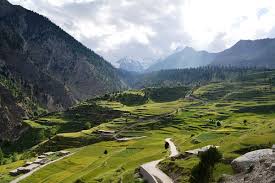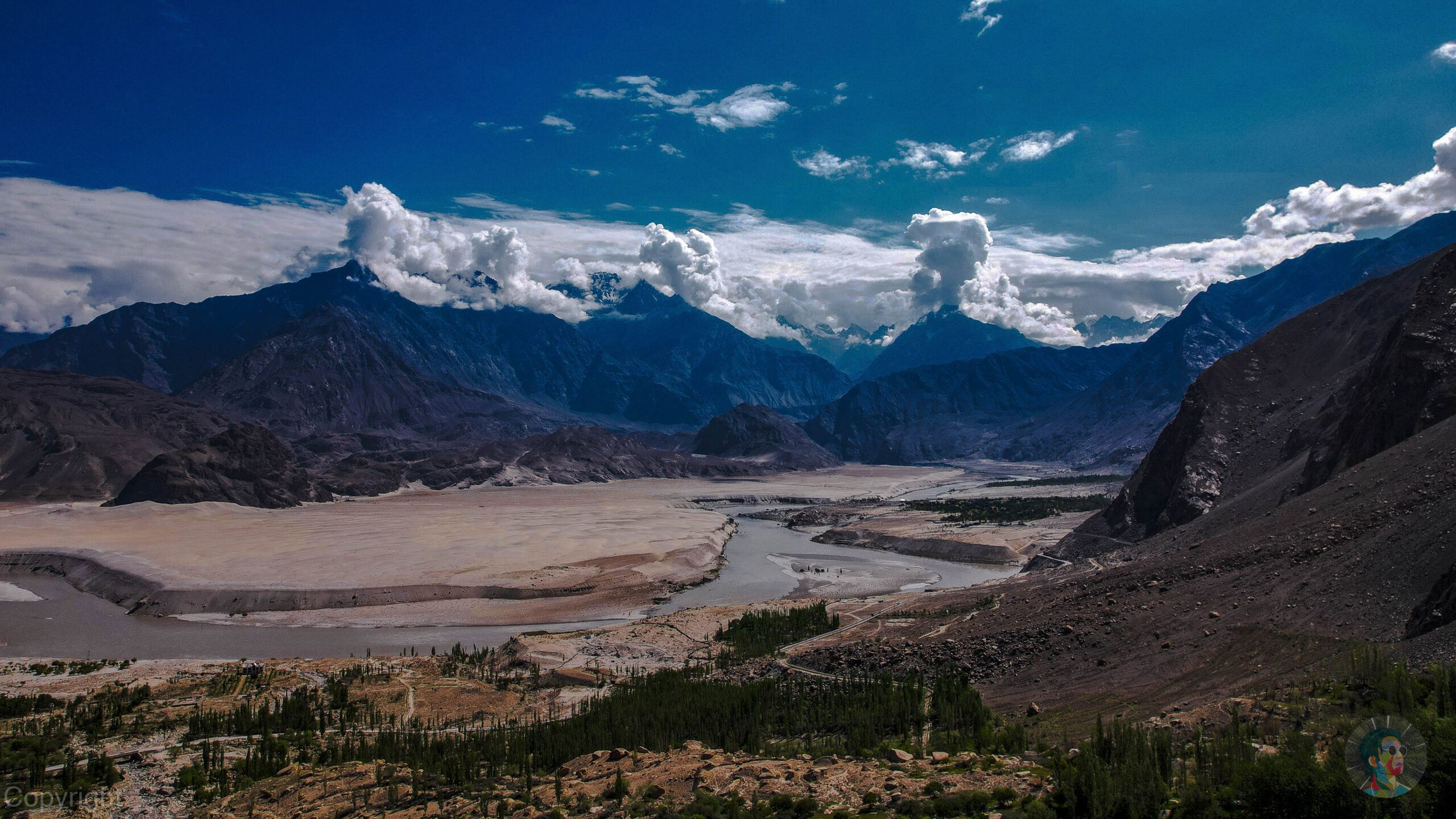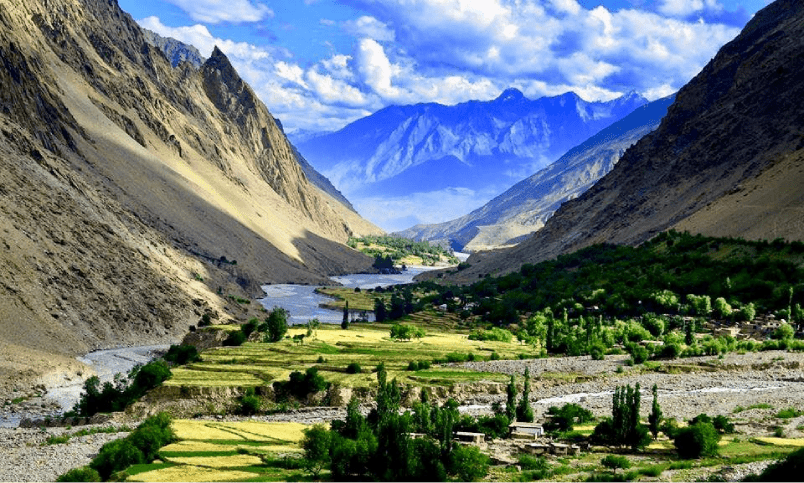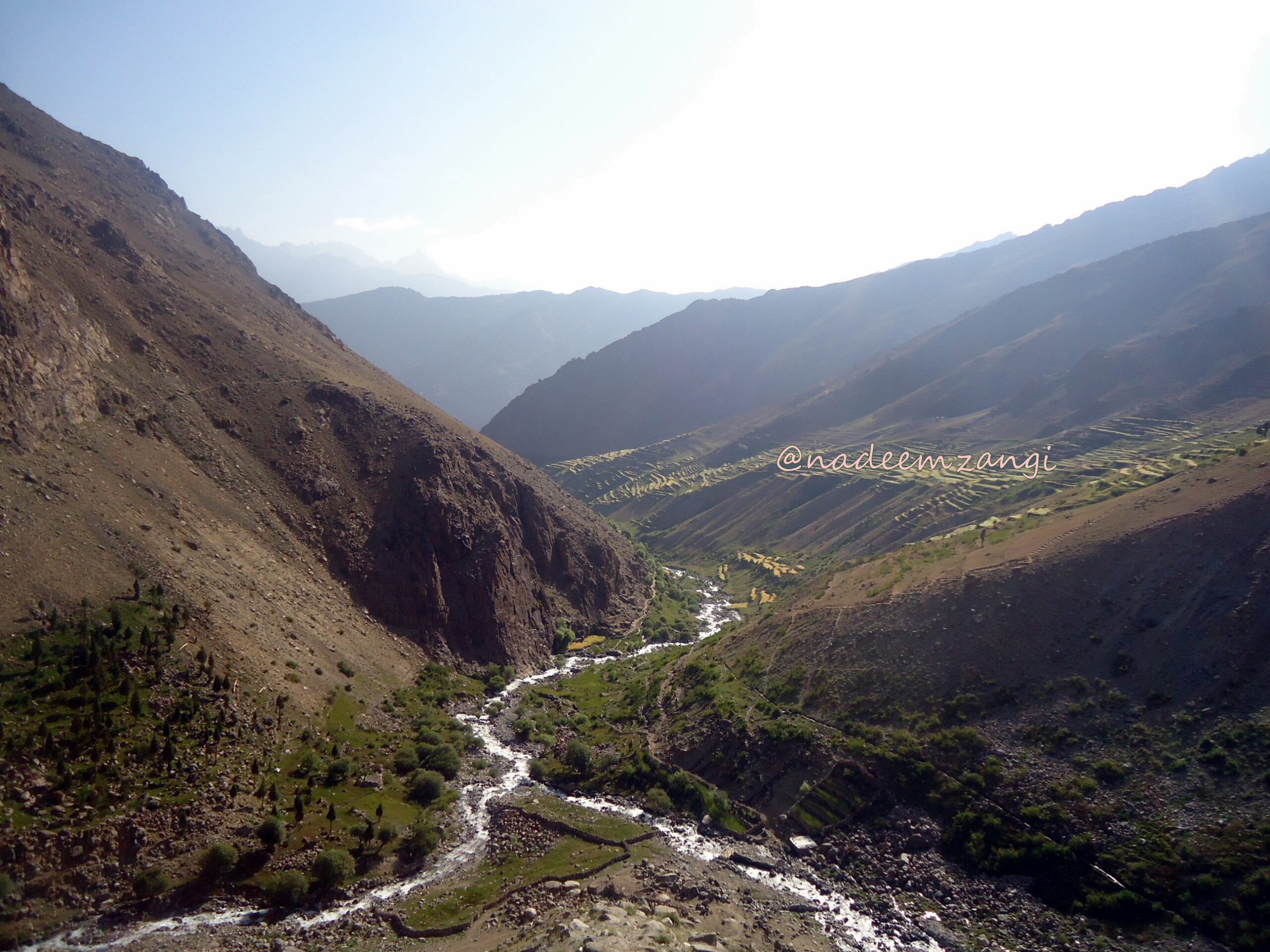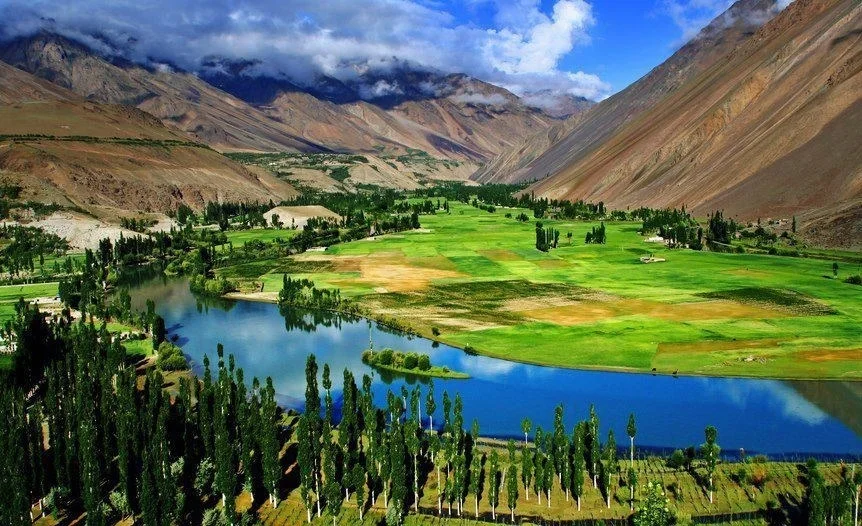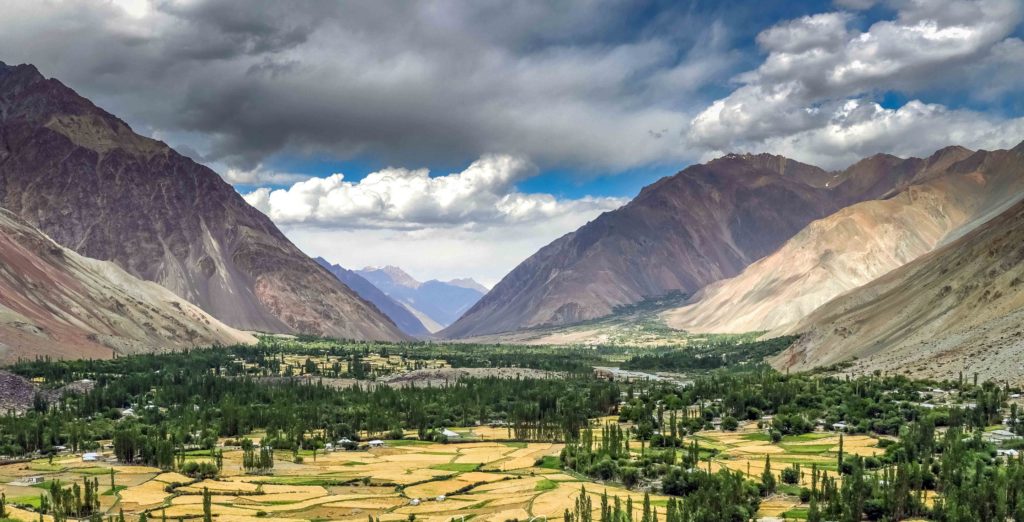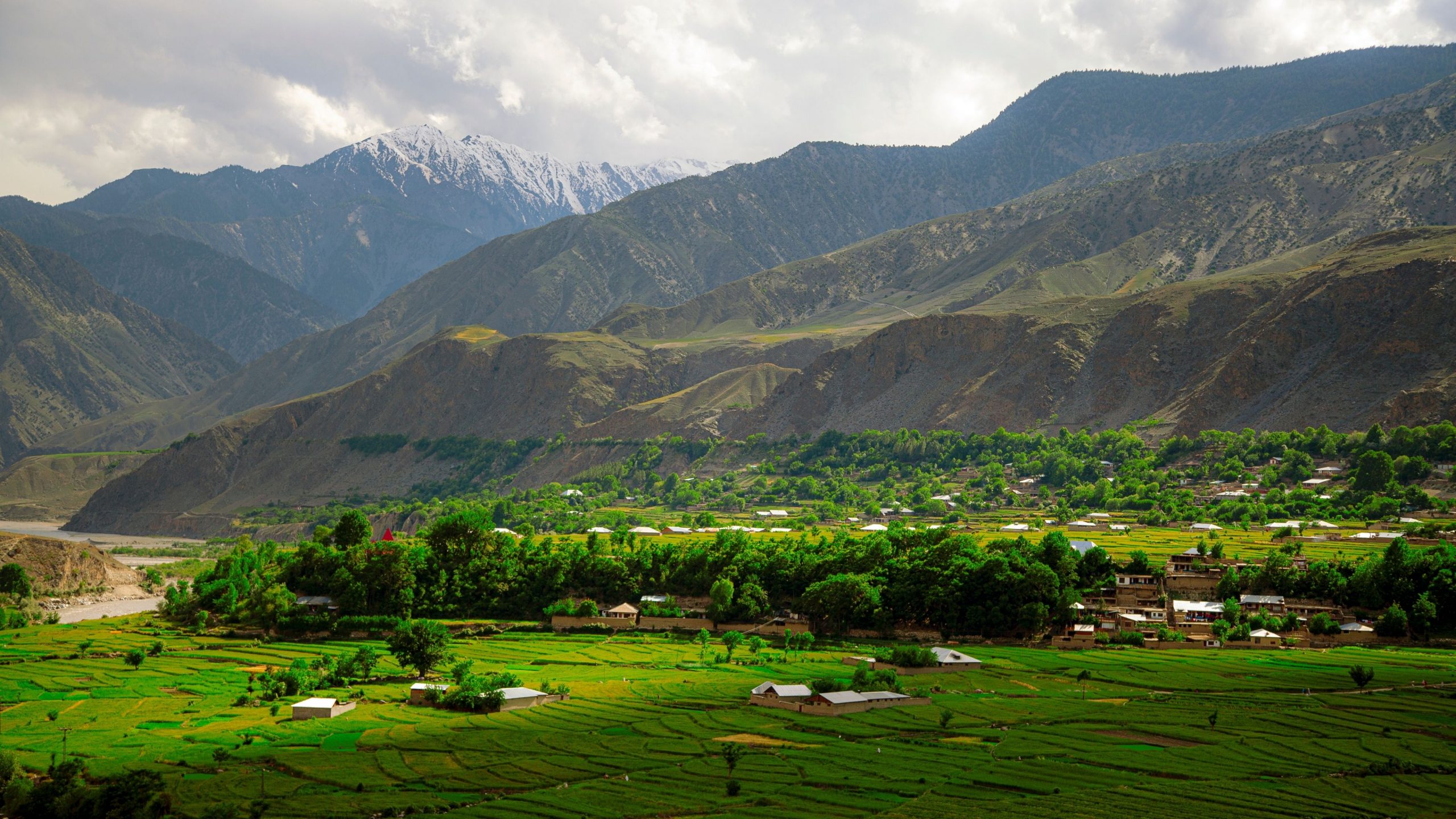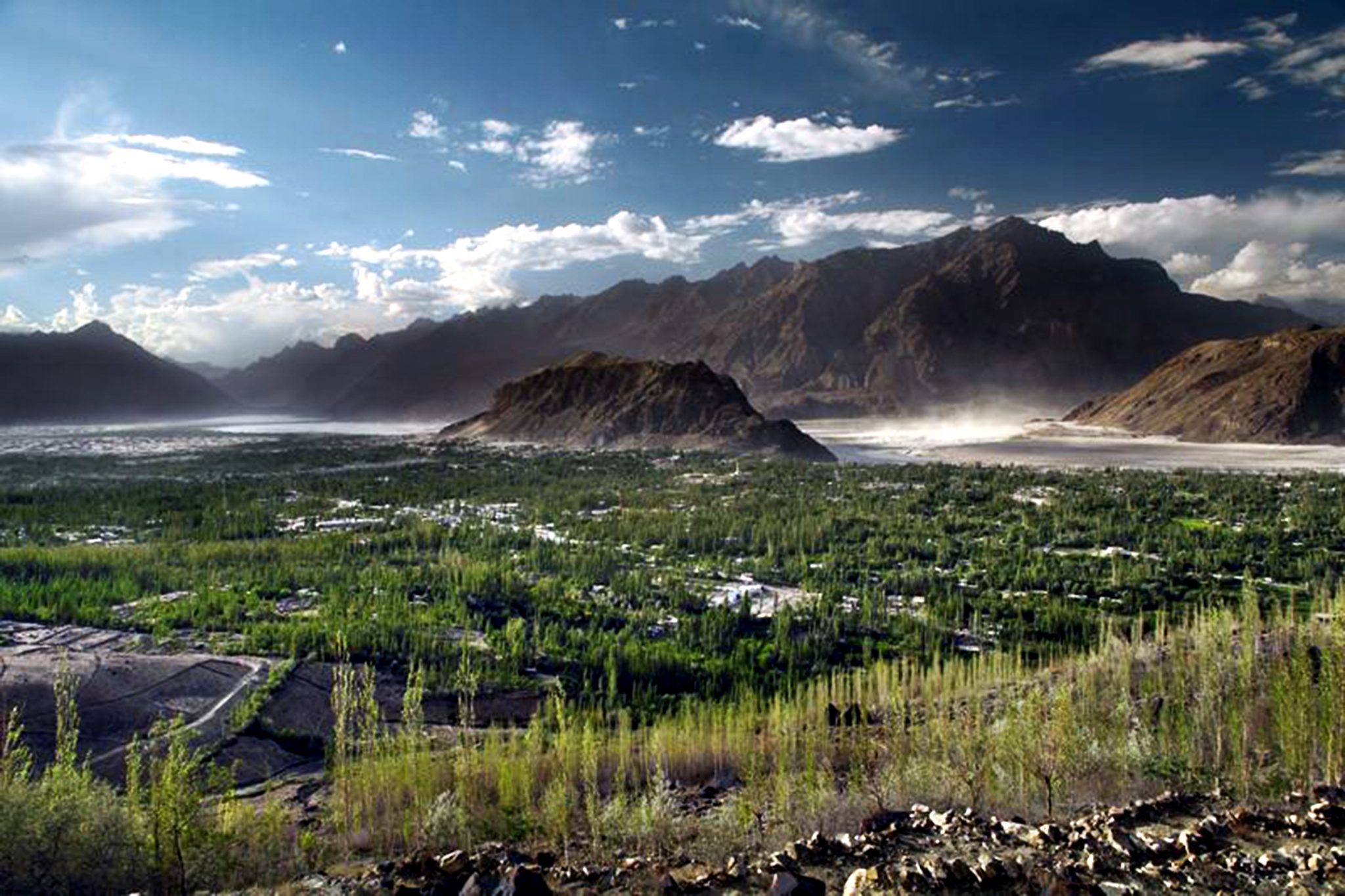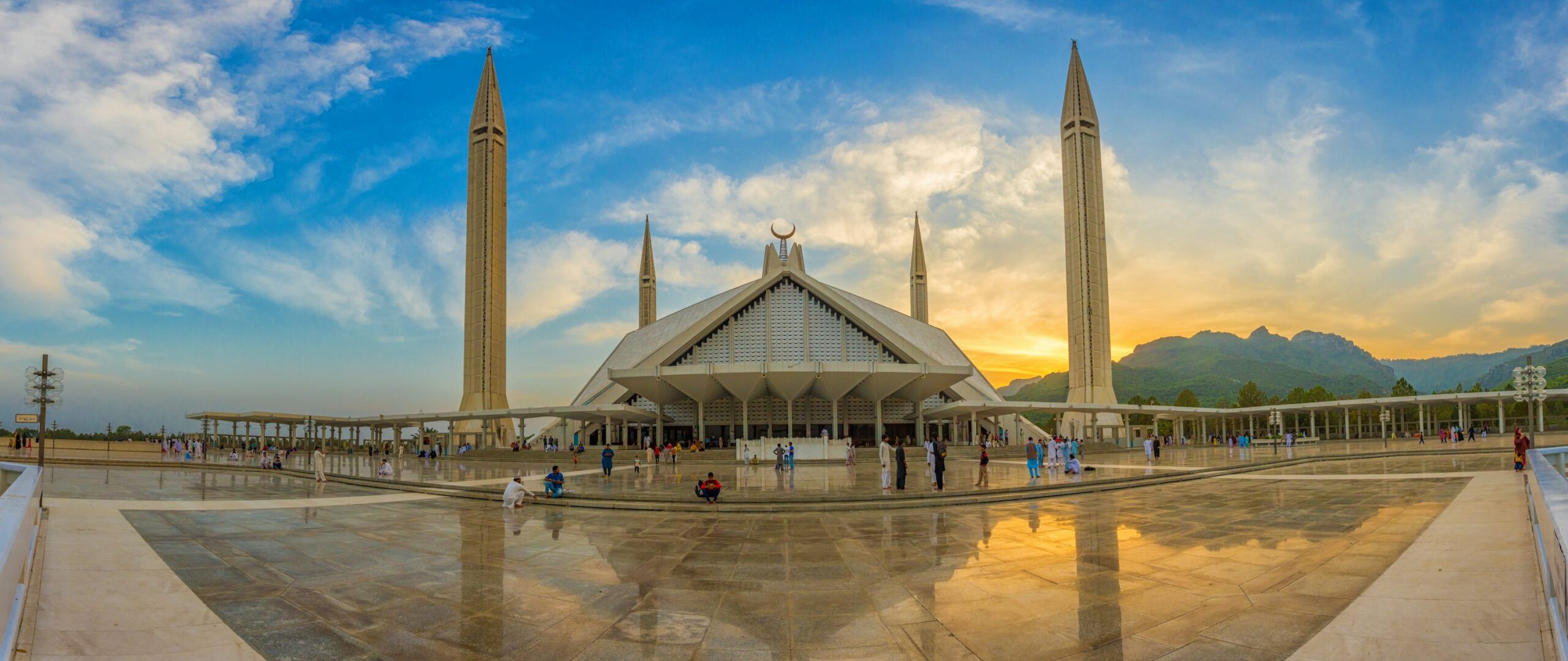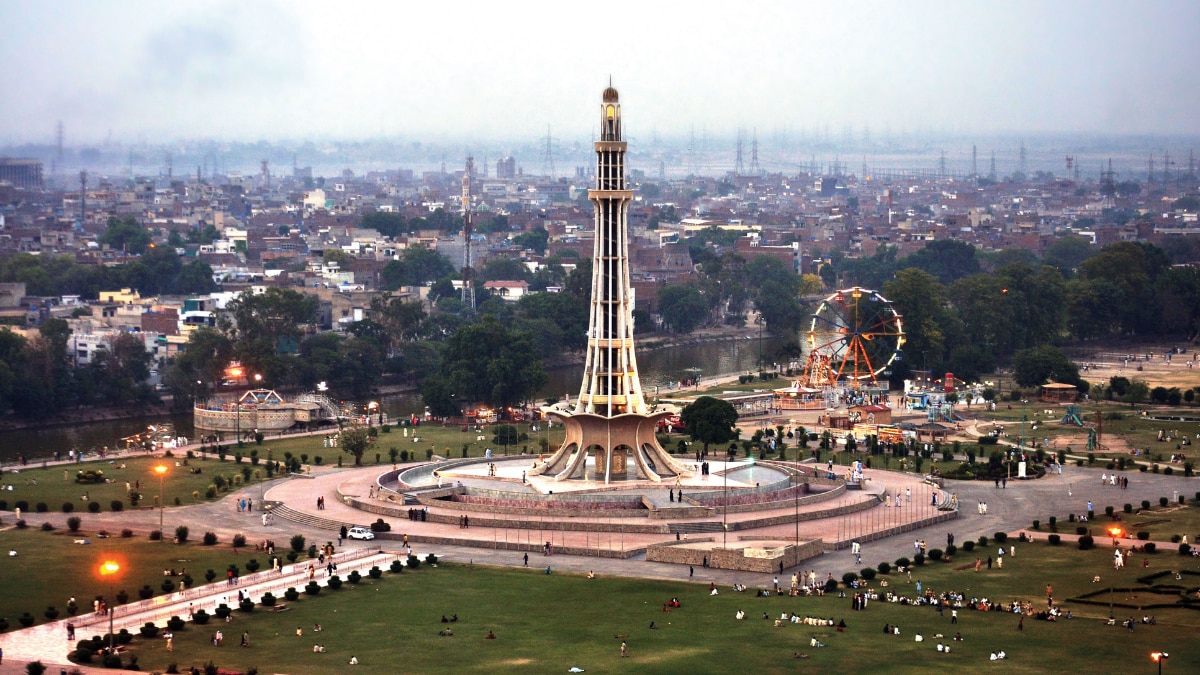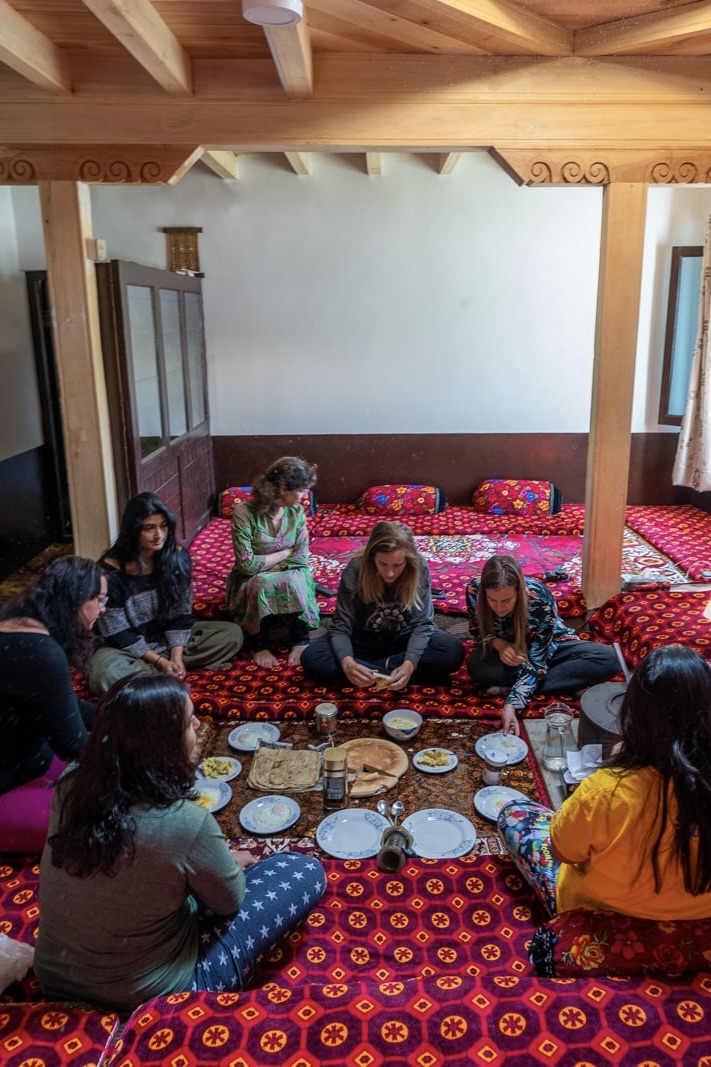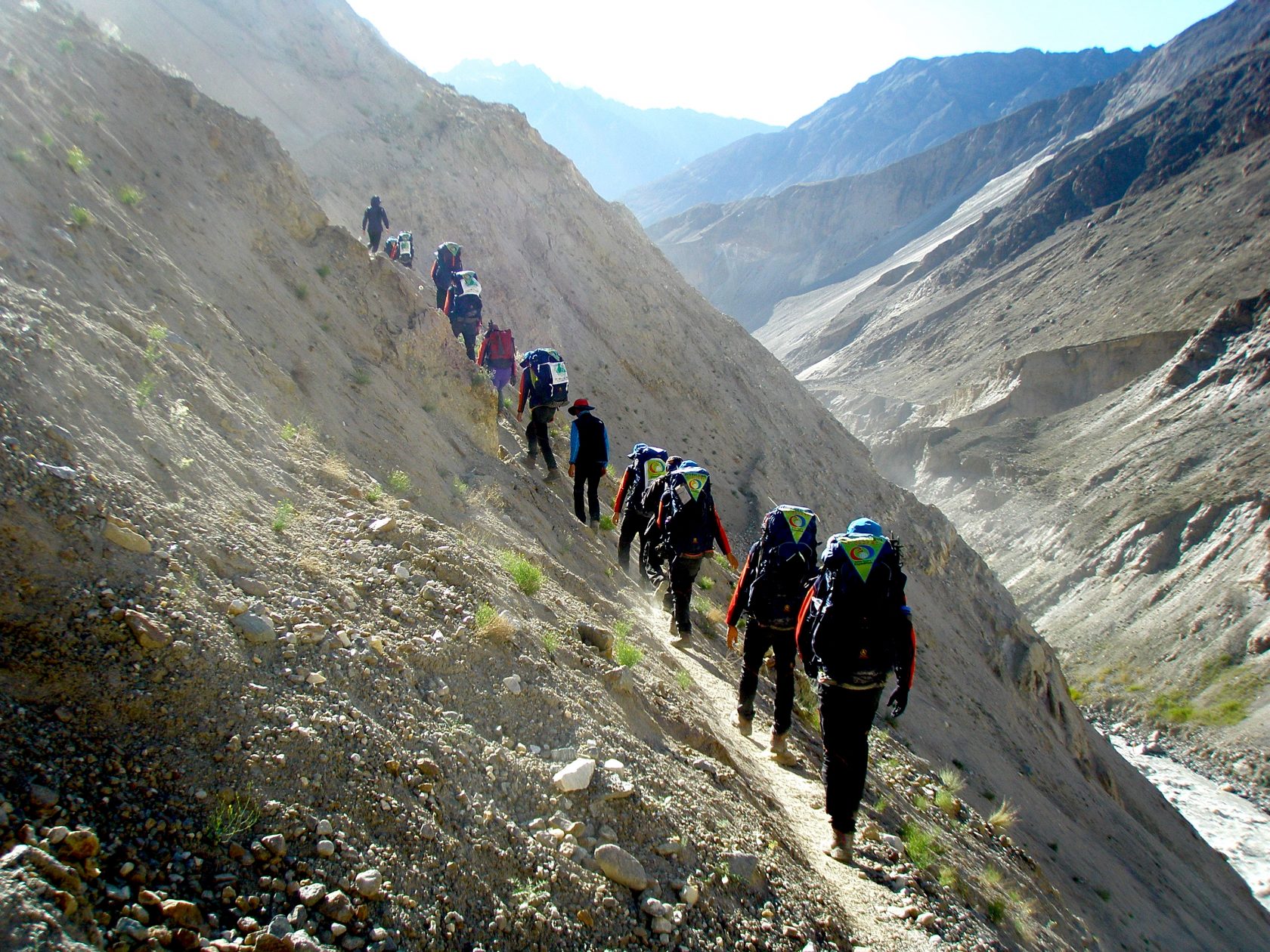- A Continent Awakens: Examining South Africas evolving power, amplified by in-depth news24 reporting, anticipates a redefined world order.
- A Historical Foundation Forged in Transition
- The Role of BRICS and Emerging Market Partnerships
- Economic Challenges and Opportunities
- The Growth of the South African Tech Sector
- The Shifting Geopolitical Landscape
- South Africa’s role within the African Union
- Challenges to Political Stability and Governance
A Continent Awakens: Examining South Africas evolving power, amplified by in-depth news24 reporting, anticipates a redefined world order.
South Africa stands at a pivotal moment, a nation brimming with potential and poised to exert growing influence on the African continent and the world stage. Detailed reporting from sources like news24 provides critical insight into the complex socio-political and economic dynamics shaping the country’s trajectory. This article delves into the multifaceted factors contributing to South Africa’s ascendancy, examining its evolving role in regional affairs and its anticipated impact on the global order. The nation’s unique history, abundant natural resources, and increasingly assertive foreign policy are all playing a part in its emergence as a major player.
Understanding the nuances of South Africa’s development requires a comprehensive analysis, moving beyond superficial observations. The interplay of internal challenges – including persistent inequality, economic vulnerabilities, and political tensions – alongside opportunities presented by strategic partnerships, technological advancements, and a dynamic youthful population, will determine its ultimate success. This examination seeks to paint a nuanced picture of a continent awakening, with South Africa as a key catalyst for change.
A Historical Foundation Forged in Transition
South Africa’s journey from a pariah state under apartheid to a democratic nation has been nothing short of remarkable. The dismantling of racial segregation in the early 1990s paved the way for a new era of political and economic transformation. However, the legacy of apartheid continues to cast a long shadow, manifesting in stark inequalities in wealth distribution and access to opportunities. The Truth and Reconciliation Commission, while lauded for its efforts to address past injustices, could not fully heal the deep wounds inflicted by decades of systemic discrimination. The current government faces the ongoing challenge of addressing these historical imbalances while fostering economic growth and social cohesion.
Despite these challenges, South Africa has established itself as a beacon of democratic governance in a continent often plagued by political instability. The country’s constitution, considered one of the most progressive in the world, guarantees fundamental rights and freedoms to all citizens. However, issues of corruption, state capture, and declining public trust in government institutions pose significant threats to the integrity of South Africa’s democracy. The strength of its independent judiciary and a vibrant civil society remain crucial safeguards against authoritarian tendencies.
The economic landscape has also undergone a dramatic shift. While traditionally reliant on the mining sector, South Africa has diversified its economy to include manufacturing, tourism, and financial services. The country’s membership in the BRICS economic bloc (Brazil, Russia, India, China, and South Africa) has opened up new avenues for trade and investment, particularly with emerging markets. However, persistent unemployment, skills shortages, and infrastructure deficits continue to hinder its economic potential.
The Role of BRICS and Emerging Market Partnerships
South Africa’s participation in BRICS represents a strategic alignment with other emerging economies seeking to reshape the global economic order. This partnership has facilitated increased trade, investment, and technological cooperation, providing South Africa with alternative sources of capital and expertise. Despite criticism regarding the challenges of its partnering nations, BRICS has become a notable factor in reducing dependency on traditional Western powers, and boosting South Africa’s international standing. The New Development Bank (NDB), established by BRICS nations, provides funding for infrastructure projects and sustainable development initiatives in member countries. However, the effectiveness of BRICS depends on overcoming internal differences and fostering a shared vision for the future.
Beyond BRICS, South Africa actively cultivates relationships with other emerging markets in Africa, Asia, and Latin America. The African Continental Free Trade Area (AfCFTA), of which South Africa is a signatory, promises to unlock significant economic opportunities by creating a single market for goods and services across the continent. Successfully implementing AfCFTA requires addressing issues of infrastructure deficits, customs harmonization, and non-tariff barriers to trade. South Africa’s experience with regional integration can be valuable in navigating the complexities of AfCFTA.
Strengthening these partnerships is paramount for South Africa’s long-term economic prosperity. Continued engagement with emerging markets will diversify its economic base, creating both economic relief for the country’s citizens and greater recognition internationally. This is a crucial area in South Africa’s future.
Economic Challenges and Opportunities
Despite its economic progress, South Africa faces significant structural challenges. High unemployment rates, particularly among youth, remain a major concern. The skills gap, exacerbated by deficiencies in the education system, hinders the country’s ability to compete in the global economy. Moreover, the economy is vulnerable to fluctuations in commodity prices, particularly gold and platinum, which account for a substantial portion of its export earnings. Diversifying the economy and promoting value-added industries are essential for reducing this vulnerability. Investment in renewable energy sources also presents an opportunity to create new jobs and reduce reliance on fossil fuels.
Addressing income inequality is another critical challenge. The Gini coefficient, a measure of income inequality, remains stubbornly high in South Africa, indicating a vast disparity between the rich and the poor. Policies aimed at promoting inclusive growth, such as progressive taxation, social welfare programs, and land reform, are necessary to address this imbalance. However, implementing these policies effectively requires strong political will and addressing vested interests. Additionally, tackling corruption and improving governance are essential for attracting foreign investment and fostering a conducive business environment.
Technological innovation offers a pathway to address economic challenges and unlock new opportunities. South Africa has a growing tech sector, with a burgeoning start-up ecosystem. Investing in research and development, promoting digital literacy, and fostering a supportive regulatory environment can accelerate this growth. The government’s efforts to develop a digital economy are crucial for creating jobs, attracting investment and improving the country’s competitiveness.
The Growth of the South African Tech Sector
South Africa’s tech sector is experiencing a period of rapid growth, driven by a young and entrepreneurial population, increasing internet access, and growing investment from both local and international sources. Fintech, e-commerce, and mobile technology are among the fastest-growing segments of the sector. Start-ups are tackling challenges in areas such as financial inclusion, healthcare, and education, often leveraging mobile technology to reach underserved populations. The government’s initiatives to support small and medium-sized enterprises (SMEs) and promote innovation are playing a role in fostering this growth.
However, the tech sector faces challenges such as limited access to funding, a shortage of skilled labor, and inadequate infrastructure. Addressing these challenges requires a concerted effort from government, industry, and educational institutions. Investing in STEM education, providing seed funding for start-ups, and improving access to high-speed internet are crucial steps. The development of specialized tech hubs and incubators can also provide valuable support to emerging tech companies.
| Fintech | 15% | Mobile payments, digital lending |
| E-commerce | 12% | Online retail, logistics |
| Mobile Technology | 10% | App development, mobile marketing |
The Shifting Geopolitical Landscape
South Africa’s growing economic and political influence is coinciding with a significant shift in the global geopolitical landscape. The rise of China, the increasing assertiveness of Russia, and the decline of US hegemony are creating a more multipolar world order. South Africa is navigating this complex environment by forging strategic partnerships with a diverse range of countries, including those in the Global South. Its non-aligned foreign policy seeks to promote multilateralism and peaceful resolution of conflicts. The country’s membership in the African Union (AU) allows it to play a leading role in addressing regional challenges such as terrorism, climate change, and political instability.
The conflict in Ukraine has presented South Africa with a delicate balancing act. While it has expressed concerns about the humanitarian impact of the war, it has avoided outright condemnation of Russia, maintaining its traditional stance of neutrality. This position has drawn criticism from Western powers but reflects South Africa’s historical ties with Russia and its desire to avoid alienating a key economic partner. The war in Ukraine has also highlighted the importance of energy security, prompting South Africa to explore alternative energy sources and diversify its supply chains.
South Africa’s role in promoting peace and security on the African continent is becoming increasingly important. The country has been involved in mediation efforts in various conflicts, seeking to promote dialogue and reconciliation. Its experience with transitioning from conflict to democracy can be valuable to other African nations struggling with political instability.
South Africa’s role within the African Union
South Africa is a prominent member of the African Union (AU), actively contributing to the organization’s efforts to promote peace, security, and economic development across the continent. Its financial contributions, diplomatic initiatives, and deployment of peacekeeping forces have been instrumental in addressing crises in various African countries. South Africa has played a key role in advocating for greater African representation in global institutions like the United Nations Security Council. The AU’s Agenda 2063 – a strategic framework for the continent’s transformation – aligns well with South Africa’s own development priorities.
However, the AU faces challenges such as funding deficits, bureaucratic inefficiencies, and a lack of enforcement mechanisms. Strengthening the AU’s capacity to respond effectively to crises requires addressing these challenges. South Africa can leverage its economic and diplomatic influence to advocate for reforms within the AU and promote greater coordination among member states. Investing in African peace and security is not only a moral imperative but also a strategic necessity for South Africa.
- Promote regional integration through the African Continental Free Trade Area (AfCFTA).
- Strengthen the African Union’s capacity for conflict prevention and resolution.
- Invest in infrastructure development to improve connectivity and facilitate trade.
- Enhance cooperation in areas such as climate change, health, and education.
Challenges to Political Stability and Governance
Despite its democratic credentials, South Africa faces significant challenges to political stability and governance. Corruption remains a pervasive problem, undermining public trust in government institutions and hindering economic development. The state capture scandal, which revealed the systematic looting of public funds by politically connected individuals, has severely damaged the reputation of the ruling African National Congress (ANC). Addressing corruption requires strengthening the rule of law, enhancing transparency and accountability, and empowering independent institutions like the public protector.
Political polarization and social divisions also pose threats to stability. Rising inequality, unemployment, and historical grievances fuel social unrest and xenophobia. The ANC’s declining electoral support and the emergence of new political parties are indicative of growing public dissatisfaction. Building a more inclusive and equitable society requires addressing the root causes of these divisions and fostering a shared national identity.
The effectiveness of South Africa’s governance structures is also hampered by bureaucratic inefficiencies, a lack of skilled personnel, and weak institutional capacity. Investing in training and capacity building, streamlining administrative processes, and promoting meritocracy are essential for improving governance. Strengthening civil society organizations and promoting citizen participation in decision-making are also crucial for enhancing accountability and transparency.
| Corruption | Undermines public trust, hinders economic development | Strengthen rule of law, enhance transparency |
| Political Polarization | Fuels social unrest, weakens social cohesion | Address inequality, promote inclusive dialogue |
| Bureaucratic inefficiency | Delays service delivery, discourages investment | Streamline processes, invest in capacity building |
South Africa’s journey towards a redefined world order is ongoing, marked by both triumphs and tribulations. Sustained growth and progress depend on overcoming formidable challenges and capitalizing on emerging opportunities. Detailed reporting from sources like news24 will be essential for understanding the path forward.
The continent is undergoing a profound transformation. South Africa, with its unique history and strategic positioning, is poised to play a leading role in shaping the future of Africa and the world. Its success will depend on its ability to address its internal challenges, forge strong partnerships, and embrace innovation.
- Investing in education and skills development.
- Promoting inclusive economic growth.
- Strengthening governance and accountability.
- Fostering regional integration and cooperation.


